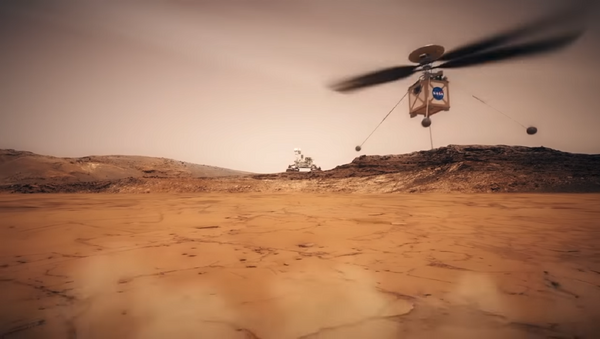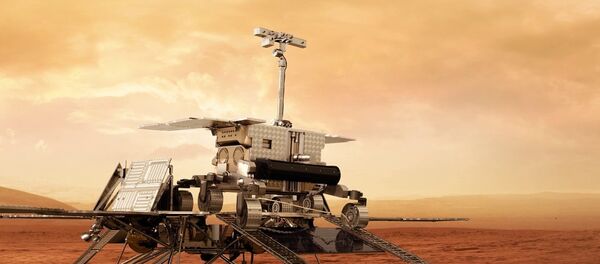Because a journey to the Red Planet is long, risky and complex, reproduction is one of the keys to success, says a new study published in the journal Futures.
The paper’s multinational team of authors from Poland, Brazil and the United States believes that it’s high time that people started thinking about sex and procreation on Mars and the problems, both physical and moral, this could entail.
“A minimum viable human population for an extra-terrestrial colony to survive throughout time should include about 5,000 individuals,” the paper notes, adding that it might be safer to aim closer to 5,800.
Physical Problems
With Mars’ decreased gravity [0.38 G compared to 1 G on Earth], it’s unclear how it would affect human sperm and eggs.
Their immune systems may be temporarily affected, increasing the risk of infections or other illnesses, which may then spread to their fellow colonists.
Moreover, miscarriages, birth defects and cancers may become more prevalent, the authors warn.
They also say that by the time the first would-be Martian moms complete their training, reach the planet and conceive, they may be past 40, which poses additional risks.
Fully aware of the danger, Martian colonists may start to impose more restrictive criteria for what’s considered “valuable offspring,” necessitating careful selection of parents to make sure they are not even distantly related, and even banning some people from having children “to prevent traits incompatible with life in Mars from emerging in subsequent generations,” the paper suggests.
A New Species
The researchers note that selecting for or encouraging Mars-friendly traits in newborns through genetic engineering, a new human species might eventually emerge.
Even though they would be better adapted to a life on Mars, they might find living on Earth very uncomfortable.
READ MORE: EU-Russian Mars Mission Landing Site to Be Chosen Soon
“In such a scenario, new ethical challenges arise from the evolution of a new kind of human species who will possess a new nature and, consequently, possibly new moral duties and rights when compared with people living on Earth,” the authors conclude.



